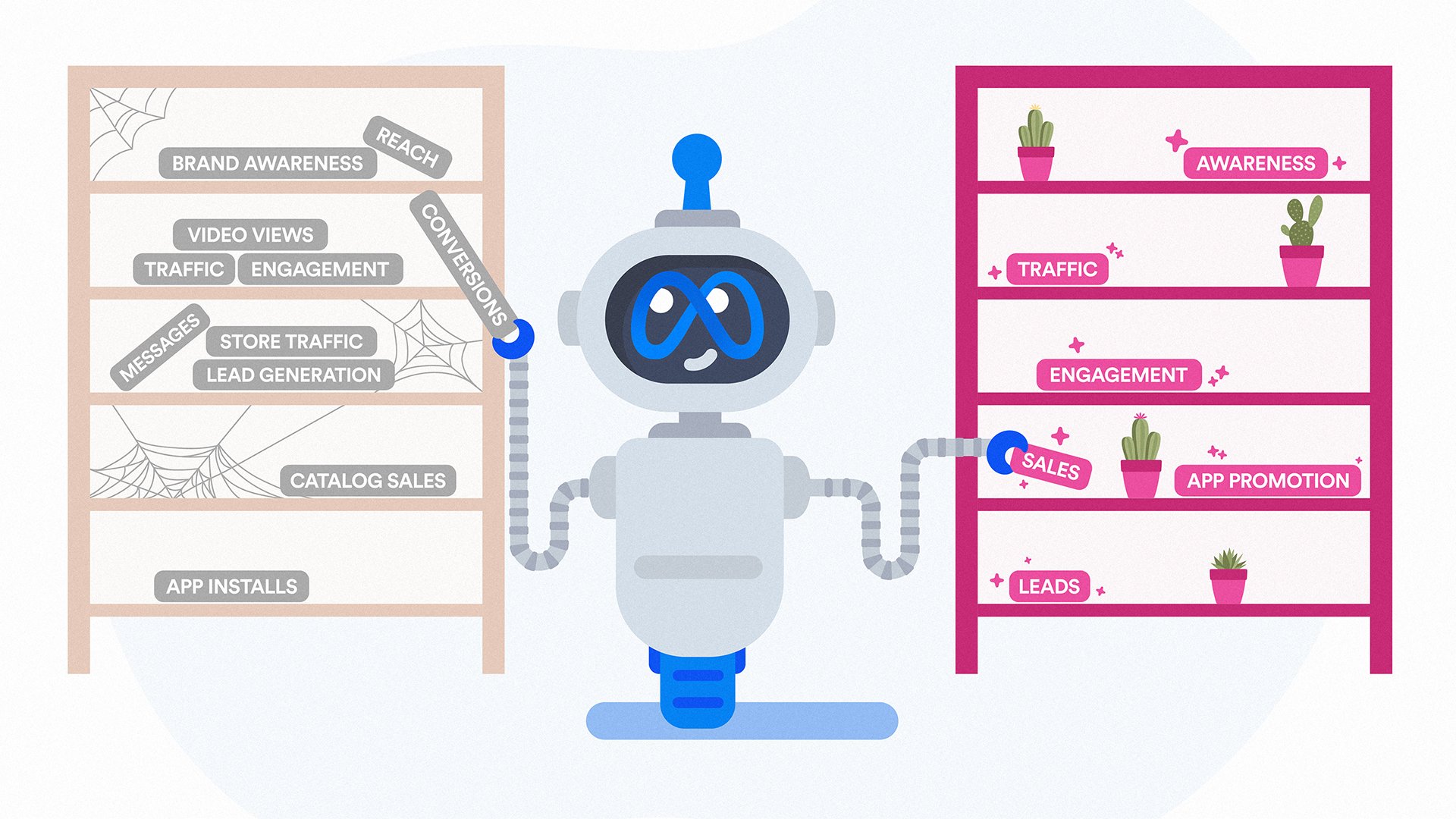Google Analytics, GDPR, and GA4: what marketers should know
You probably don’t want to spend too much of your time reading about dry privacy laws, but there are some essentials every marketer should know about the status of Google Analytics in Europe, and a bit of a dramatic fight between Google and the EU to take the edge off of the story. We’ve simplified the whole thing for you.
In 2020, the Court of Justice of the European Union (CJEU) cast the ‘Schrems II’ judgement, invalidating the ‘Privacy Shield Agreement’ which made it easier for Google to legally store data on EU citizens on US servers via their services.
Two years later, in January 2022, the Austrian Data Protection Authority ruled that, at the time, using Google Analytics violated General Data Protection Regulation. Yep, GDPR. That scary acronym everyone lost their minds over.
The Danish Data Protection Authority quickly agreed, and in February 2022, so did the French Data Protection Authority.
Google initially fought the data protection authorities (DPAs) and proposed a new version of the Privacy Shield as a solution, but that could take years to develop. With millions of sites relying on Analytics, Google had to ask fast.
Enter: Google Analytics 4. GA4 had been in the works for a while before this privacy drama reached fever pitch, but the emphasis Google are putting on the new version’s privacy features is too coincidental to have not been at least a little bit influenced by the fallout.
One such feature is ‘Anonymize IP’, which makes it impossible to track individuals based on their IP addresses. Data retention — how long your site can keep user- and event-level data, e.g. cookies, device identifiers, etc. — is also stricter in GA4, with two- and 14-month periods replacing intervals that spanned from ‘14 months’ to ‘indefinite’.
For most marketers, the trade-offs from these tighter privacy standards will likely be minimal. The shortened data retention, for example, won’t stop you from comparing new information to historic reports. It’s the unaggregated data that gets a shorter lifespan, not the context and strategies you’ve gleaned from it.
Updating Google Analytics on your site isn’t just about staying on the right side of the law. Consumers are becoming more and more privacy-conscious, so showing them you respect their data will build a lot of trust. Plus, omnichannel marketing strategies can make for a much better customer experience.
Got questions about or need help with your website or Google Analytics setup? Email us or fill in the form below.







